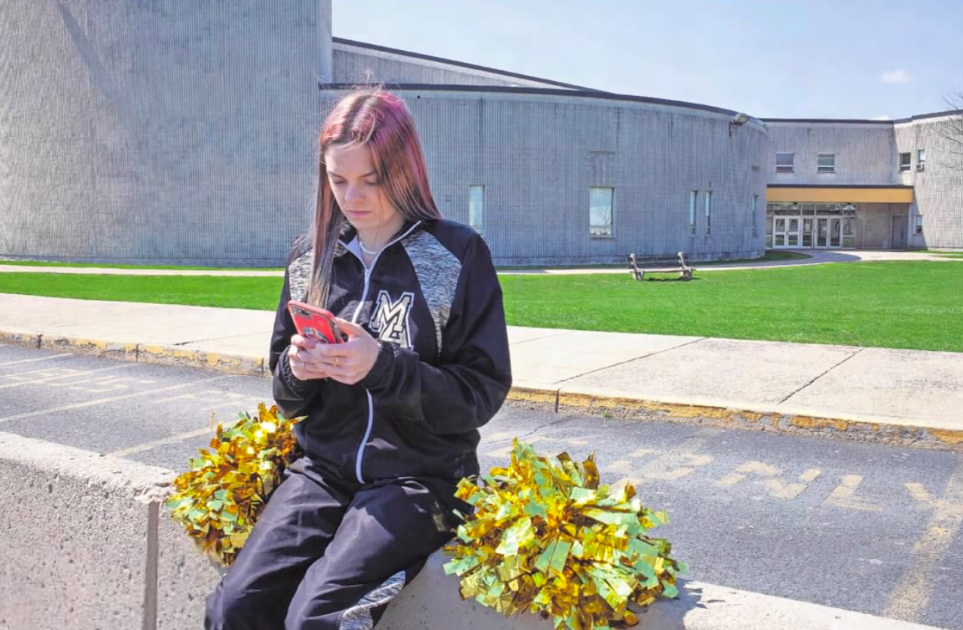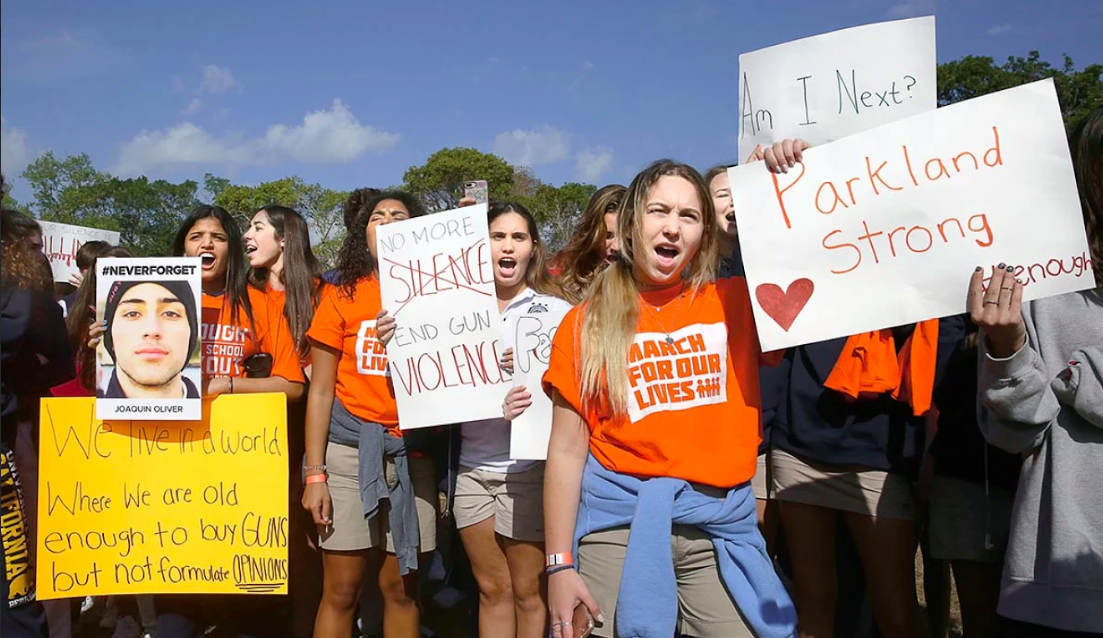The Tinker case was a landmark victory that transformed students’ First Amendment rights by rebalancing school responsibilities related to student expression. Prior to Tinker v. Des Moines, all the power was in the hands of the school concerning student expression. However, following the Tinker decision, that was no longer true and schools had to re-examine their disciplinary processes and procedures.
Impact
Short-Term Impact
Recognizing Student Rights (John Tinker, Personal Interview, March 3, 2025)
The Tinkers themselves were both relieved and empowered by the decision. It had been a long legal process, but it was worth it in the end as their actions provided legal protection for the exercise of students’ First Amendment rights from that point forward. However, they also expressed sadness that the war they had protested was still going on.
Long-Term Impact
Today, fifty-six years after the Tinker ruling was issued, the case is still the legal standard for student free speech rights. While some case rulings since have reduced Tinkers' impact by allowing schools to censor newspapers, restrict lewd speech, and limit speech promoting illegal drugs and acts, a 2021 U.S. Supreme Court decision expanded the definition of protected student expression to include off-campus speech on social media, even when it criticized the school. As a result, by guaranteeing student free speech rights and the school's responsibility to protect them, the Tinker ruling has significantly empowered student voice and influence over matters affecting themselves and others for a half-century.

(The Express Times, June 24, 2021, p. 10)

Brandi Levi's profane Snapchat about her cheerleading team and school resulted in a Supreme Court decision that expanded students' First Amendment rights regarding off-campus speech and social media posts. (The Express Times, June 24, 2021, p. 10)

Following the Parkland shooting, Miami County Dade School students exercised their free speech rights during a walkout protesting gun violence. (New York Times Upfront, January 9, 2019)
"Seeing the increase in youth speaking up for their own interests is so heartening to me... I have seen firsthand how youth pay the price for policies that do not make their interests a priority. In the areas of health, housing, education, the environment, economics, racial justice, criminal justice, education, young people have very little say, but they are greatly affected. If there is a student who has been encouraged by my story to have a voice and to stand up for their beliefs, I am very happy."
- Mary Beth Tinker (American Bar Association Journal, February 25, 2019)